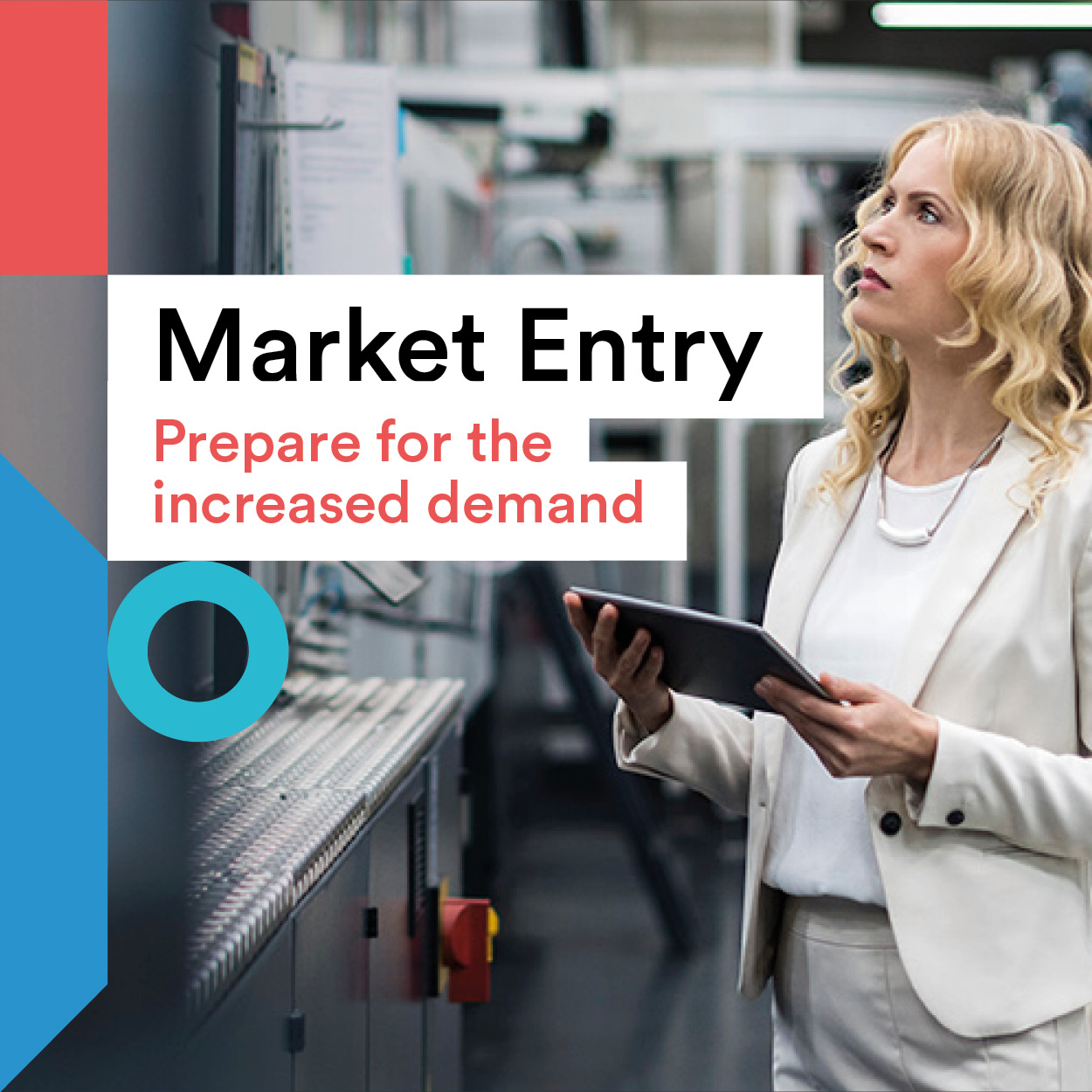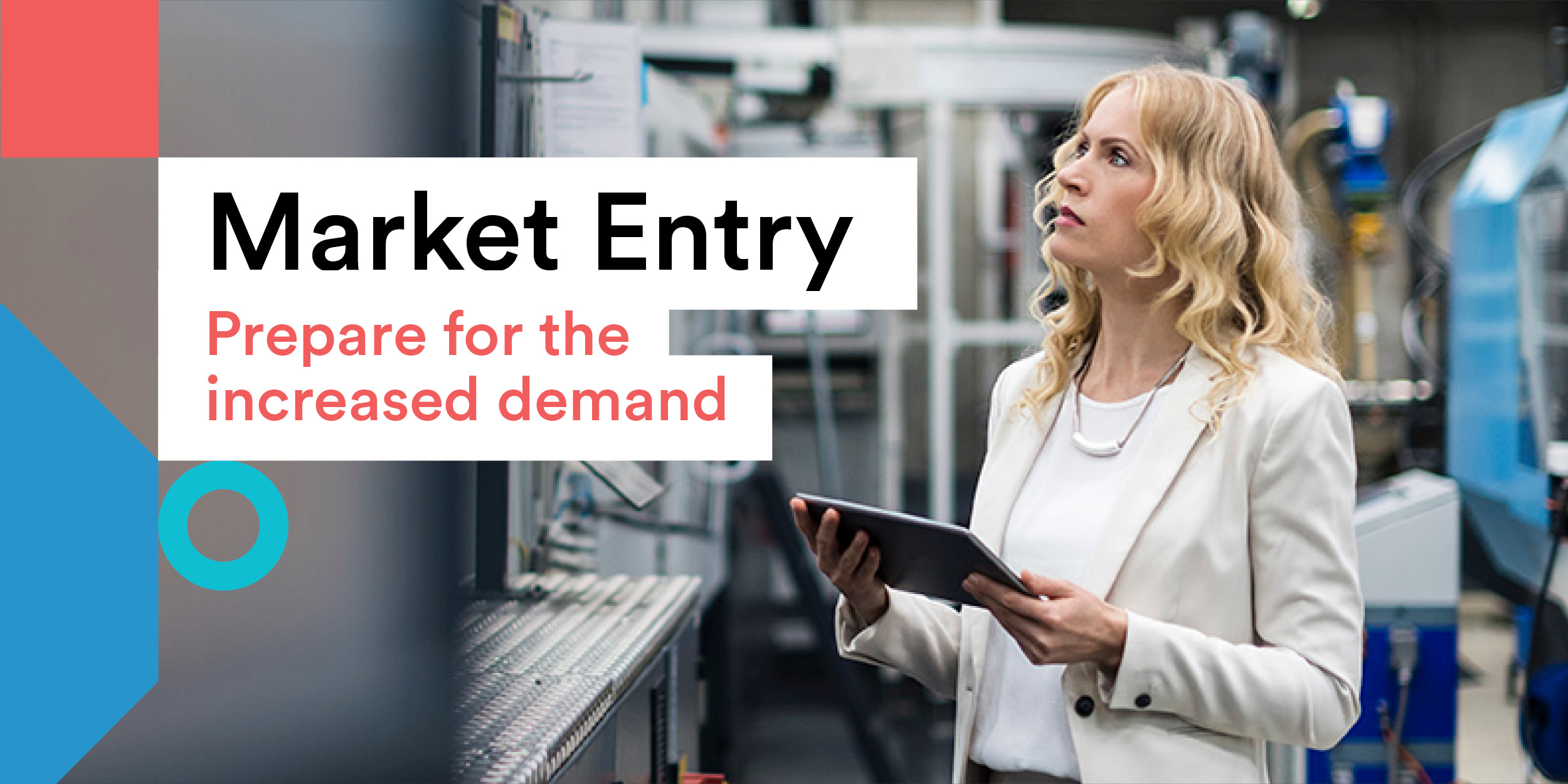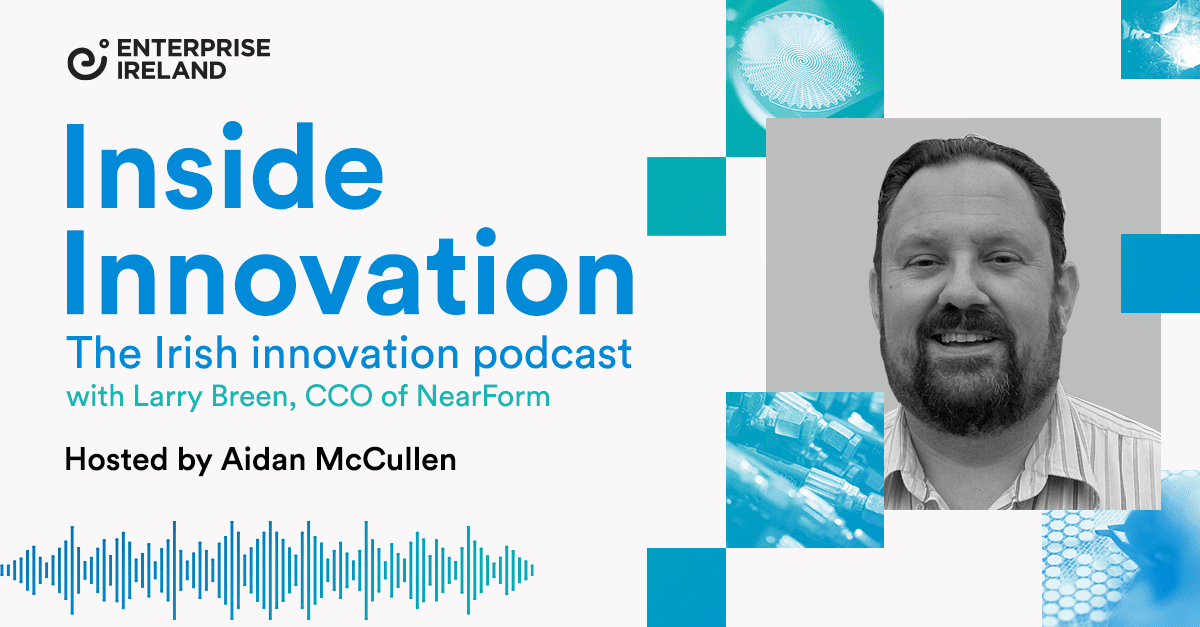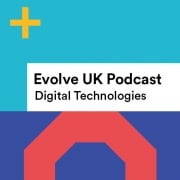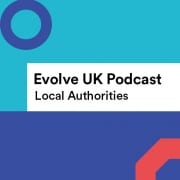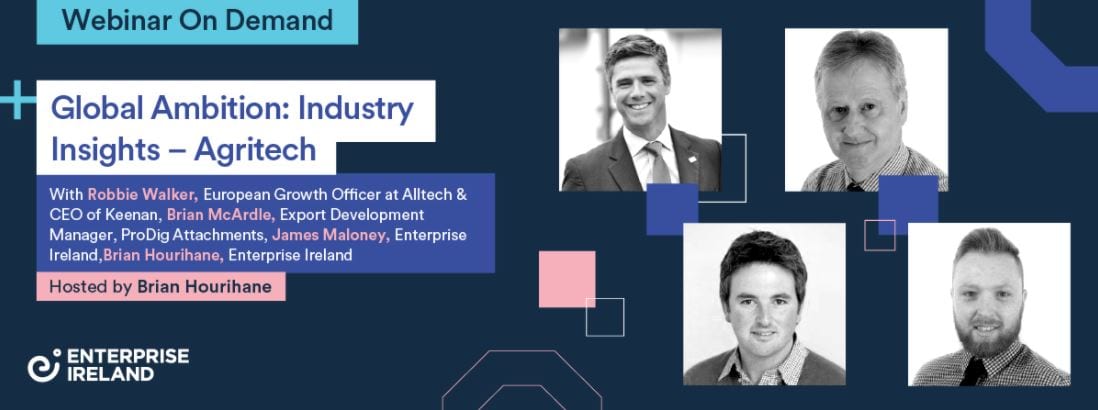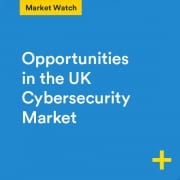Key considerations for managing customs procedures
For a huge number of Irish companies, the UK’s departure from the EU meant a first encounter with customs procedures, or if not an entirely new experience, an unfamiliar one to say the least.
Two figures give some idea of the scale of the issue. Approx 1.6 million customs declarations are made to Revenue each year with this figure expected to rise to more than 20 million by 2023.
This massive increase is creating difficulties not just for importers and exporters but is also puting pressure on the logistics sector, customs agents, and the ports, which are already working at capacity. Faced with this situation, many Irish companies have little option but to attempt to deal with the customs processes themselves.
Handling customs procedures in-house
And this will entail a rather steep learning curve. “There is a general lack of knowledge of the customs process,” says Derek Dunne, director of customs formalities and compliance specialist at Manifests Ireland. “We have been spoiled since the establishment of the Single Market in 1992 when didn’t have to make customs declarations for trade with other EU countries. A whole new generation of firms grew up with the advantage of the Single Market.”
“The other problem is that where the knowledge does exist in the logistics industry and customs brokers, the capacity simply doesn’t exist to deal with the anticipated increase in the volume of declarations,” he adds. “All the customs brokers are exceptionally busy already and they are not really able to take a chance on bringing new people in and training them up. SMEs can’t depend on brokers and logistics partners. As good and efficient as they are, they just don’t have the capacity.”
Taking control of the process themselves could be the way to go for many SMEs, he advises. He explains that this may well be the best course of action even if the company can find an external partner to handle the work. “If a broker or logistics company is already looking after 27,000 different products for a lot of other clients, they may find it quite difficult to pay adequate attention to a few products for an SME. In these cases, the SME may be more comfortable handling it themselves.”
EORI number
The procedures are very clear for companies who wish to make declarations directly to Revenue. “They have to know who you are, what you are importing or exporting, and you have to be able to make the declarations electronically,” Dunne explains. “This means companies need an EORI (Economic Operators Registration and Identification) number. This is a European Union registration and identification number for businesses which undertake the import or export of goods in or out of the EU. You can register for a number through Revenue’s EORI online registration service.”
Online customs declarations
Making declarations online is known as Direct Trader Input (DTI) and requires importers, exporters or their agents to have dedicated software making electronic declarations to the Automated Entry Processing system (AEP). “You also need to register with Revenue and get a digital certificate from them to make declarations to the system,” says Dunne.
Fortunately, there is a range of software products on the market to handle electronic declarations. “There are around half a dozen providers out there and it’s a bit like mobile phone offers: they all have different features and benefits, so it is best to weigh them up to see which package best suits the needs of an individual firm. Many of them also have the ability to integrate and interact with existing software systems such as ERP and management information and financial systems. They can export and import data to them – that’s an important thing to check.”
The software will make the process quite straightforward for the majority of firms. “Most companies will be importing or exporting the same products time and again,” he says. “You need to spend time setting up the system and entering the information, such as commodity codes. The software will make life much easier for that. The packages allow you to create templates which can be replicated time and again. All you need then is the information on when and where and how it’s moving. You might need the assistance of a customs expert when setting it up, but most firms should be able to manage it quite well.”
Customs declarations – outsource or complete internally?
He believes the decision on whether to outsource customs procedures should be based on a solid business case. “It’s quite a simple calculation really”, he says. “While the software providers have different pricing schemes it usually works out that you shouldn’t pay more than €7 to €8 per declaration when using their packages. On the other hand, you’ll pay €50 to €60 when using a broker.”
This may sound like a compelling case for carrying it out internally but that isn’t necessarily so. Dunne explains that a company with very small volumes of declarations may find the expense of training staff and the additional administrative burden mean that outsourcing is the better option.
“If you just deal in one or two products quite often you will get to know the processes involved quite quickly and it will be better to do it in-house”, he adds. “But with small volumes less often it is probably better to try to retain a broker. Also, if you are dealing in unusual products it could be hard to track down their commodity codes so it might be best to have an expert do that. In the end, it’s a fairly straightforward business decision based on available resources and the volume of declarations involved.”
Working with a broker
For those who see outsourcing as a necessity he says finding a broker will be the issue. “Revenue estimates that there are about 330 brokers in Ireland,” he notes. “These range from large logistics companies to very small brokers. There is no centralised database. You need to talk to them, assess their capacity to take on your business, and their commitment to your company. That’s really the way to go if you want to outsource.”
Preparing to do customs processes in-house
For those companies which wish to handle the process internally or haven’t decided yet, Dunne says training is key. For companies interested in building the capability internally, there are many customs training courses available to give an overview of customs procedures and train staff how to fill in customs documentation.









